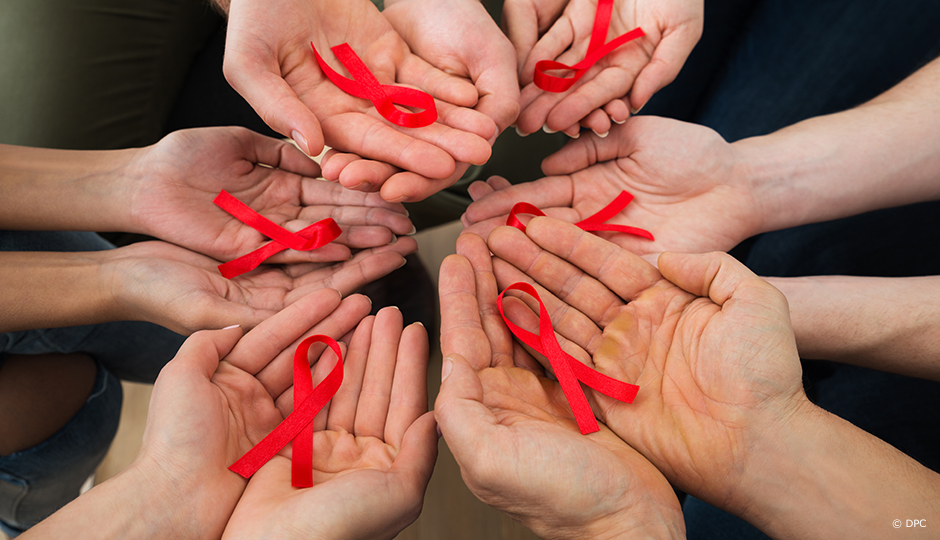According to Cécile Tremblay, professor in the department of microbiology, infectiology and immunology at Université de Montréal, a team from Québec may be close to stopping the spread of AIDS.
She leads the Canadian component of the IPERGAY study, which is being conducted by the Agence nationale sur le sida (France) with the support of the Canadian HIV Trials Network. The findings have revealed that taking a preventive antiretroviral treatment at the time of sexual relations lowers the risk of HIV infection by 86%.
Taking a preventive antiretroviral treatment at the time of sexual relations lowers the risk of HIV infection by 86%.
Called Truvada, the drug has already been approved by Health Canada to treat HIV-positive people. It is undeniably effective when taken continuously, but patients often forget. Professor Tremblay and her colleagues at the Centre hospitalier de l'Université de Montréal therefore explored the option of administering the drug "as required" to 403 gay men (350 in France and 53 in Canada) who had unprotected sex.
Some took Truvada before and after every sexual encounter while others took a placebo. But when Truvada's ability to protect HIV-negative people was quickly proven in a preliminary analysis, the use of the placebo was discontinued. All of the study participants are now testing the drug until 2016 to help researchers pinpoint side effects and assess long-term efficacy.
Preventive treatments are aimed at groups that are at very high risk of contracting HIV, including sex workers and individuals with multiple partners. Combined with the use of condoms and safe sexual practices, Truvada should deal a tremendous blow to HIV and lead to major savings in the healthcare sector.




